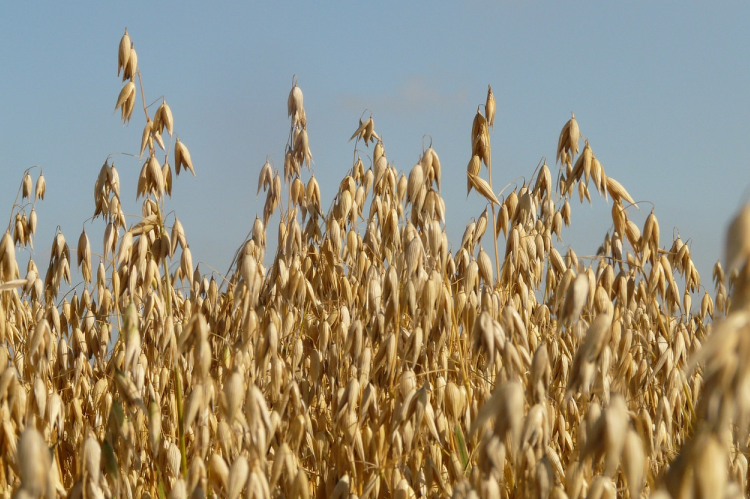Using DLT / Blockchain to developing a reliable assurance system for Gluten Free Oats
Overview
This project originated from an enquiry to SRUC from a group of NE farms seeking a reliable method of providing, traceability, provenance and assurance for the gluten free oat crop that they grow. Although oats are naturally gluten free some manufacturers require assurance that they are not contaminated with other grains that may contain gluten. Although there is no official gluten free Assurance Scheme the farms have developed their own protocol to ensure no contamination takes place on the farms and wanted a method to provide details and proof of this to the rest of the supply chain.
Initially funding was a small grant from the Rural Innovation Support Service (RISS), used to investigate possible solutions, the results of which suggested that Distributed Ledger Technology (DLT), often known as Blockchain, could provide the answer. SRUC approached Wallet.Services, an Edinburgh based technology business and a project team was created. DLT/Blockchain is a relatively new technology to the agri-food sector and although a few of the global food manufacturers have investigated its use there have been few projects testing its utility on farms. This project set out to explore the feasibility of using DLT/Blockchain as a means of providing these farms with a tool to provide proof of traceability, provenance and assurance.
After carefully mapping the gluten free oat crop cycle from field preparation to post harvest storage, Wallet.Services designed and constructed the DLT ledger. Existing data and documentation (e.g. field records, crop storage documentation and images) was then manually inputted to populate the ledger, the ledger tested and the results analysed.
Results were positive indicating that this technology is an ideal tool for providing traceability, provenance and assurance to stakeholders within agri-food supply chains, from farm to consumer. More work is required to refine the operation of the ledger, including automating data input, along with collaboration with other supply chain partners in order to develop a full chain model, but this project has shown that the technology has the potential to provide greater transparency, collaboration and trust within supply chains and positively change the nature of the relationships current seen within many chains.

Sign up to the FAS newsletter
Receive updates on news, events and publications from Scotland’s Farm Advisory Service
